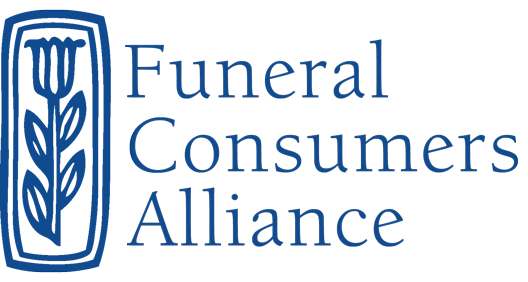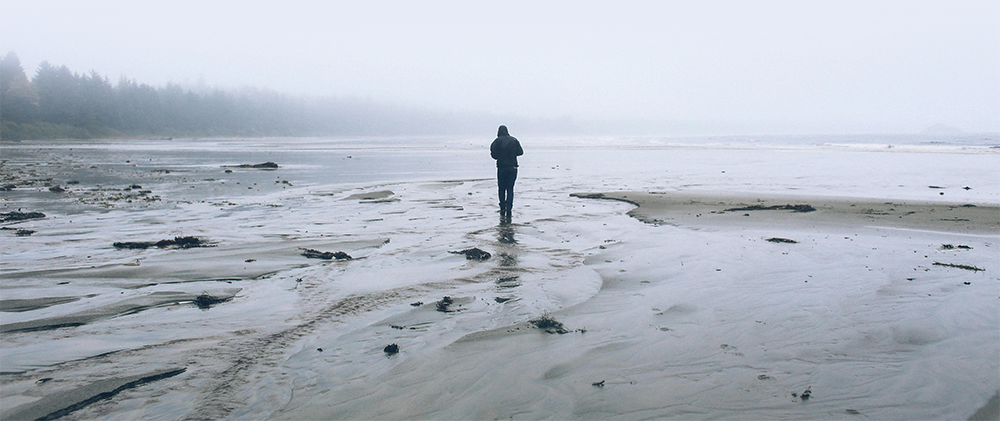TOOLBOX TIPS |
 |
Navigating end-of-life choices in Vermont is made easier by Wayfinders. This network is an independent, collaborative group of hospice nurses, case managers, death doulas, and social workers who help clients and their families navigate Vermont’s medical aid in dying law, Act 39. Vermont is one of only two states that allow nonresidents to access medical aid in dying. As a Wayfinder, and as a doula, I help with arranging caregivers; providing emotional support, lodging, and logistics; and, if needed, guiding the family on care of the body after death. Members of the Wayfinders network simplify complex information so that clients can spend time on what matters most to them.
—Kasey March
|
 |
|
| SHARING SOURCES |
| National Home Funeral Alliance |
|
The National Home Funeral Alliance is a 501(c)(3) nonprofit, all-volunteer organization that is the leading body of home after-death care support and education in the United States, with support abroad as well. Created in 2010, the NHFA boasts members from all 50 states, along with five provinces and seven countries.
|
 |
|
Many members are home funeral guides who also identify as licensed funeral directors, ordained ministers, educators, body workers, licensed social workers, registered nurses, therapists and counselors, directors of nonprofits, attorneys, and physicians.
|
|
|
 |
|
ASK INELDA
|
 |
|
I am about to take on my first doula client. Is there a best way to document needs? —Email Inquiry
|
| Educator Omni Kitts Ferrara: When I am first meeting with a person and their circle of care, my primary objective is to be present and to listen. I have a starter intake form, which helps me cover all my bases when we are talking about what’s important to them at the end of life. If I am on a virtual call, I save the transcript and later glean the information needed to create a summary of their dying choices. If I am in person, I do not take notes during the session. Afterward, I will write down their stated choices in a digital note, making sure to leave out any identifying information. I will file under initials only, with no date of birth and no address or anything else that could identify the patient. READ MORE |
| Please submit questions to [email protected] |
|
 |
|
SELF-CARE |
|
Finding the Care We Each Need
|
A recent, sudden death has left me thinking a lot about self-care. That physical bond immediately broken by the death of someone we feel tethered to can be so incredibly destabilizing. Yet to simultaneously ground myself, I am bringing my doula perspective to this close loss and “doulaing myself” through this experience. I want to be clear that “doulaing myself” does not mean not getting additional support; it is understanding what these support services are and knowing that I would offer them to others in my community. It’s having the doula perspective of autonomy and knowing what my needs are at this moment—but acknowledging they might not be the same for all the others affected by this death.
As I lean into my therapy, support groups, the writing of the obituary, the creation of ritual and the memorial, and sharing spaces both physical and virtual with others who also loved this beautiful person, I am beyond grateful for the support that doulas offer. It allows a framework to contextualize a person’s life, to offer care to those in a time of deep pain, and to know the tools that can get ourselves through the most difficult times. While I did not become a doula to “doula myself,” I am finding myself the recipient of the care and support we all offer.
—Loren Talbot
|
|

